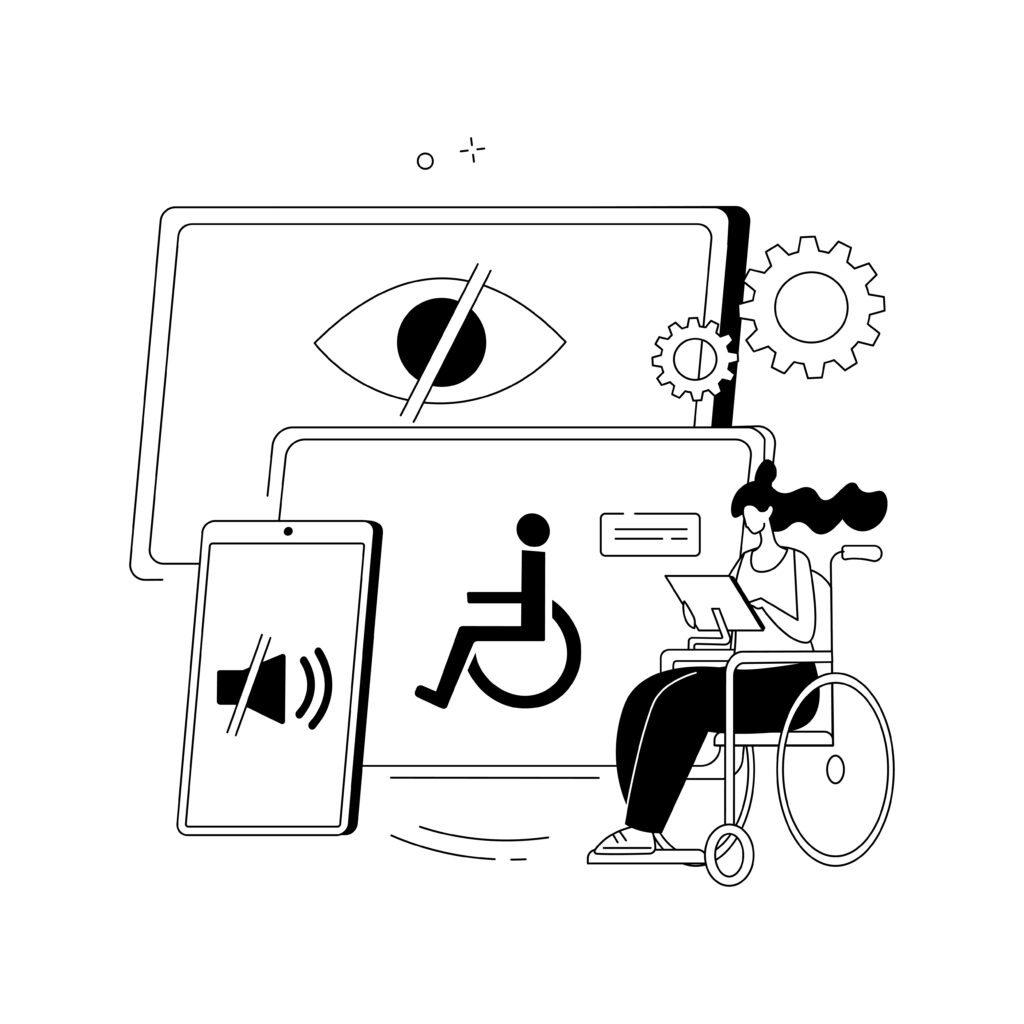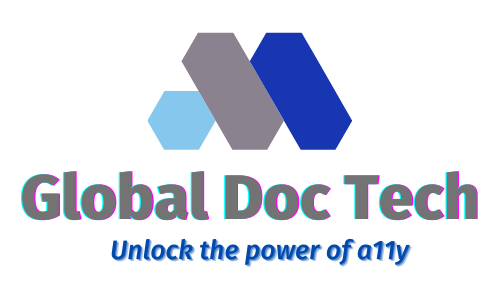Section 508 Compliance
Section 508 Compliance
Section 508 compliance refers to adherence to a set of accessibility standards outlined in Section 508 of the Rehabilitation Act of 1973, as amended in 1998. These standards require federal agencies to ensure that their electronic and information technology (EIT) is accessible to people with disabilities. Specifically, Section 508 mandates that federal agencies procure, develop, maintain, and use information and communication technology that is accessible to individuals with disabilities, unless it would impose an undue burden on the agency.
The purpose of Section 508 compliance is to promote equal access to information and communication technology for individuals with disabilities, including those who are blind or visually impaired, deaf or hard of hearing, and those with mobility or cognitive disabilities. Compliance with Section 508 ensures that federal agencies provide accessible digital content, such as websites, software applications, electronic documents, multimedia presentations, and telecommunications products.


Key aspects of Section 508 compliance include:
Technical Standards: Section 508 outlines technical standards that EIT must meet to be considered accessible. These standards cover various aspects of accessibility, including web content, software applications, hardware devices, and telecommunications products.
Accessibility Features: EIT must include specific accessibility features that enable people with disabilities to access and use the technology effectively. For example, websites must provide alternative text for images, captions for videos, and keyboard accessibility for navigation.
Procurement Requirements: Federal agencies are required to procure EIT products and services that comply with Section 508 standards. This includes ensuring that vendors provide accessibility documentation and demonstrating compliance through testing and evaluation.
Training and Support: Federal agencies must provide training and support to employees responsible for developing, procuring, and maintaining EIT. This ensures that staff understand their responsibilities regarding accessibility and can effectively implement Section 508 requirements.
Compliance Reporting: Federal agencies are required to report on their compliance with Section 508 standards, including efforts to ensure accessibility in their EIT. Compliance reports are typically submitted to the U.S. Access Board or other designated oversight agencies.

What are the benefits of outsourcing 508 Compliance services?
If you outsource your 508 Compliance Service to us which required expertise then you can easily cut your costs to a large extent. Creating 508 Compliance Documents take a lot of time. There is a lot of manual tagging and checkup involved, it may not be profitable for you to keep your manpower engaged in such cumbersome tasks. If you outsource your 508 Compliance Service tasks to a specialized agency like us, then you can utilize your employees in doing different productive work.
These service lines demonstrate Global Doc Tech’s commitment to providing comprehensive solutions for 508 compliance, addressing various aspects of digital accessibility to ensure equal access to information and services for individuals with disabilities.
Here are some examples of service lines that Global Doc Tech might offer for 508 compliance:
- Document Accessibility Evaluation
- PDF Remediation Services
- Document Conversion Services
- Quality Assurance Testing
- Consulting and Advisory Services
- Vendor Evaluation and Procurement Assistance
- Accessibility Monitoring and Maintenance

